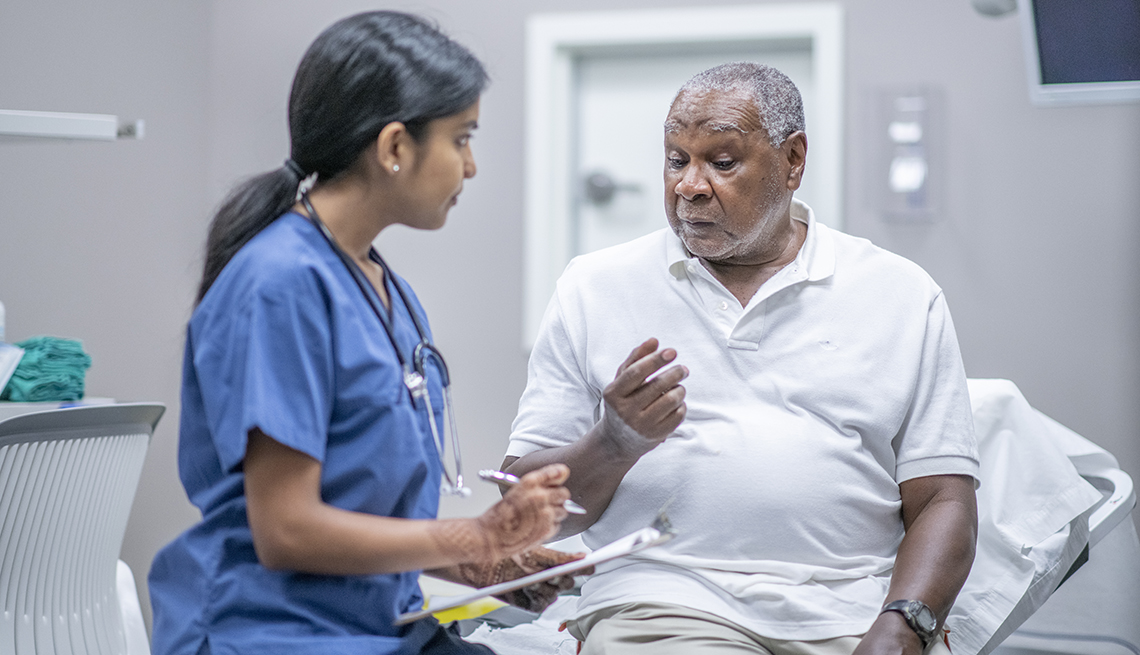Staying Fit
With several coronavirus vaccine candidates advancing to the third and final phase of clinical trials, researchers are ramping up their efforts to ensure that older adults are well represented among the tens of thousands of volunteers rolling up their sleeves to test the various vaccines. But boosting participation among the aging population may prove challenging for these studies.
Enrollment of older adults in clinical trials, across the board, has historically lagged behind what experts deem ideal. And despite recent efforts to improve representation, it's “still an ongoing problem,” says Lindsay Clarke, vice president of health education and advocacy at the nonprofit Alliance for Aging Research — especially considering older adults take more prescription medications than younger ones and are more likely to have a disease or ailment that could benefit from breakthrough therapies.


AARP Membership— $12 for your first year when you sign up for Automatic Renewal
Get instant access to members-only products and hundreds of discounts, a free second membership, and a subscription to AARP the Magazine.
Sometimes it's personal barriers that prevent older adults from participating — a disability or lack of transportation may make it difficult for an individual to get to and from the trial site. Other times, the study design itself blocks older adults due to restrictions on age, underlying conditions or the use of certain medications. Either way, inadequate representation in medical research can have serious implications.
"When we don't have the clinical trial data or are not involving the relevant populations, then clinicians end up having to guess about what the right dose is for their patient, what the potential side effects might be, what the potential interactions with other drugs that they might be taking can be,” Clarke says.
Though older adults clearly are needed in clinical trials, it's also important that individuals understand the risks and benefits of participating. If you are thinking about signing up for a clinical trial, here are a few pros and cons to consider.
Pro: You could be among the first to receive a new drug or therapy
For many conditions — whether it's COVID-19 or Alzheimer's disease — researchers are still searching for therapies that can help prevent an illness or lessen its severity. And clinical trial participants “can have access to really exciting new science that others aren't getting access to yet,” Clarke says.
Your participating in a trial also allows researchers to study how these cutting-edge drugs, devices or procedures will work across different ages, races and backgrounds.
"If a drug has only been tested in younger people, then how do you know it's also going to be good [in someone who is older?],” says Raymond Yung, M.D., a professor of geriatric medicine at the University of Michigan and associate director of research at the Department of Veterans Affairs’ Ann Arbor Geriatric Research Education and Clinical Center.
Take vaccines, for example: Eric Topol, M.D., a clinical trial expert and founder of the Scripps Research Translational Institute, says “there's a very marked difference in immune system response as we age.” This is why testing vaccines in older adults is key to understanding how effective the medicine will be once it is made widely available to the public.
































































